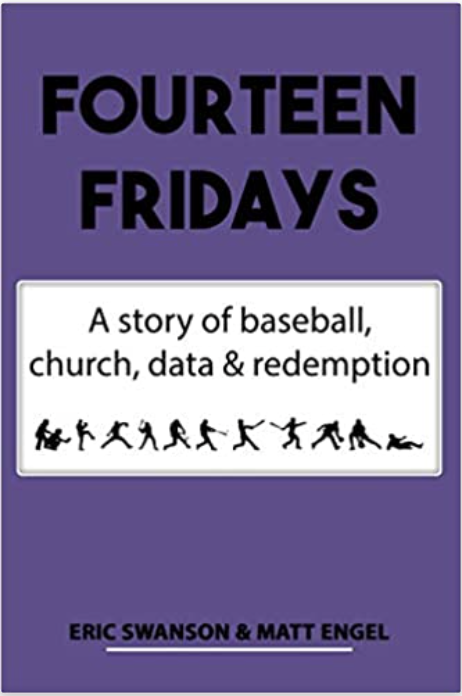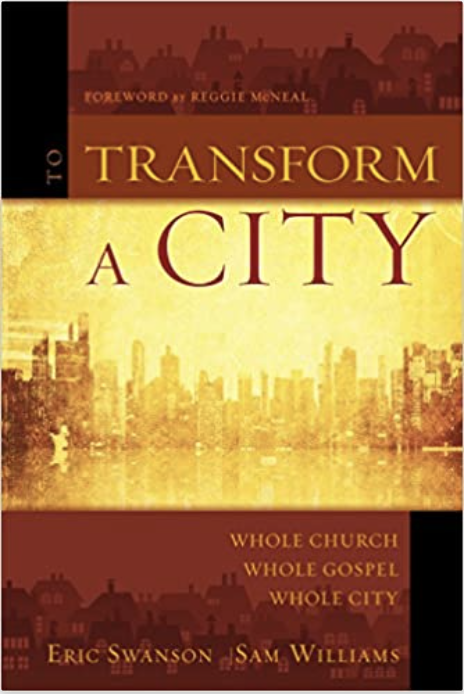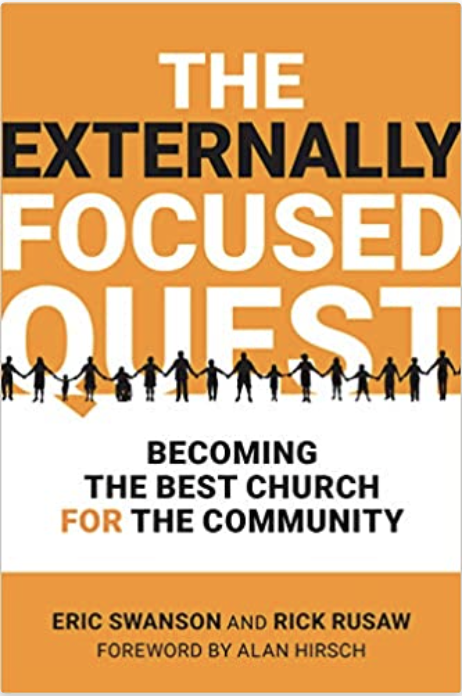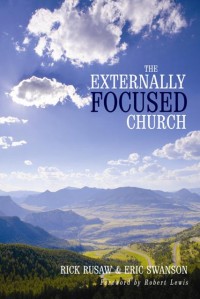“We are not Castaways but Colonists”
 A few months ago, at the recommendation of a young co-worker, I read Jules Verne’s Mysterious Island. Here’s how the book begins: Five Union prisoners daringly escape their Richmond, Virginia prison in a balloon and land 7,000 miles away in the South Pacific on an uncharted desert island (NOTE: DO NOT THINK OF GILLIGAN). In the balloon are a railroad engineer, his black manservant, a sailor, his young protégé, a journalist, and a dog named “Top.” This is where the adventure begins. The story is a snapshot in time (1864), where most people thought that science, ingenuity and resolve could solve most any problem. Given the resources, man could invent most anything. Shortly after they pulled themselves out of the wreckage and onto the island I found the most interesting line of the book—the statement around which the rest of the book turns:
A few months ago, at the recommendation of a young co-worker, I read Jules Verne’s Mysterious Island. Here’s how the book begins: Five Union prisoners daringly escape their Richmond, Virginia prison in a balloon and land 7,000 miles away in the South Pacific on an uncharted desert island (NOTE: DO NOT THINK OF GILLIGAN). In the balloon are a railroad engineer, his black manservant, a sailor, his young protégé, a journalist, and a dog named “Top.” This is where the adventure begins. The story is a snapshot in time (1864), where most people thought that science, ingenuity and resolve could solve most any problem. Given the resources, man could invent most anything. Shortly after they pulled themselves out of the wreckage and onto the island I found the most interesting line of the book—the statement around which the rest of the book turns:
“…we do not consider ourselves castaways but colonists.”
That’s the story they found themselves in. There’s a big difference between being a castaway and a colonizer. Castaways write “HELP” in the sand with seaweed and await rescue. Colonizers start to build…and build they do. Using the natural resources on the island, their encyclopedic knowledge of chemistry, metallurgy, anthropology, and history, the five entrepreneurial colonists use their ingenuity to make bricks, a kiln, iron tools, a windmill, a telegraph line, electric batteries, a camera, nitroglycerine, roads, dams and a multi-roomed granite cliff house. From a single grain of corn and a few wild plants, they stock their storehouses with bushels of grain. They are colonizers not castaways.
Are you a castaway or a colonist? What story do you find yourself in? How you frame the question or the problem determines everything. You certainly remember how the stonecutters answered the question, “What are you doing?” The first answered, “I’m laying down stone.” The second answered, “I’m building a wall.” The third answered, “I’m constructing a grand cathedral.” All were doing the same arduous work but it was the story they were living in that determined how they interpreted the meaning of their work.
The Pharisees tried to frame an “either-or” story by asking Jesus, “Who sinned; this man or his parents that he should be born blind?” Jesus had a different story…a bigger story he was living out, not a story of blame but a story of God’s glory. Jesus’ adversaries were always trying to shrink Jesus story, whether he was healing on the Sabbath, letting a woman wash his feet, or hanging out at Matthew’s house. But Jesus refused to be defined by a small binary story.
Remember the scene in which Rambo is on the walkie-talkie with Col. Murdock. Murdock threatens to hunt Rambo down but Rambo reframes the story by telling Murdock in short-soiling words, “Murdock…I’m coming to get you” (http://www.youtube.com/watch?v=bwlQ0qJxaGo).
What is your work here on earth? Are you a castaway, hanging on, awaiting your rescue from heaven or a colonist who joins with other colonists in building the kingdom of God?
The next “reformation” could arise from a simple “re-framation” as we change the story we find ourselves in.








